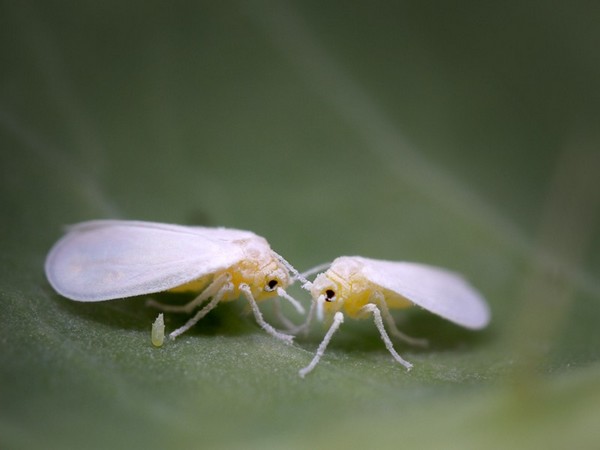#Agriculture #Drones #PrecisionAgriculture #PestManagement #CropMonitoring #StructuralInspections #SustainableFarming #Technology #Innovation #Marketing
Drones have swiftly emerged as invaluable tools in modern agriculture, offering a myriad of benefits to farmers, agronomists, agricultural engineers, and farm owners alike. With advancements in technology driving their evolution, drones are revolutionizing traditional farming practices and ushering in a new era of precision agriculture.
One of the most significant advantages of drones in agriculture is their ability to assist with pest scouting and control. Equipped with high-resolution cameras and sophisticated sensors, drones can quickly identify pest infestations and disease outbreaks, allowing for targeted interventions that minimize the need for broad-spectrum pesticides. This not only reduces chemical inputs but also promotes more sustainable farming practices, ultimately leading to higher crop yields and healthier ecosystems.
Moreover, drones play a crucial role in crop monitoring and management. By capturing aerial imagery and data, drones provide farmers with valuable insights into crop health, growth patterns, and environmental conditions. This real-time information enables proactive decision-making, such as adjusting irrigation schedules, optimizing fertilizer applications, and detecting nutrient deficiencies, resulting in improved crop quality and overall productivity.
In addition to their role in crop management, drones are increasingly being utilized for structural inspections of greenhouse facilities. With their agile maneuverability and precise navigation capabilities, drones can navigate through the confined spaces of greenhouses, conducting thorough inspections of overhead components such as light fixtures, support posts, and ventilation systems. This proactive approach to maintenance helps identify potential issues early on, minimizing downtime and maximizing operational efficiency.
Furthermore, drones offer unique marketing opportunities for farm owners. By capturing stunning aerial footage and imagery, drones enable farmers to showcase their operations in a visually compelling manner, enhancing brand visibility and attracting customers. Whether it’s creating captivating promotional videos for social media or updating website content with aerial photographs, drones empower farmers to effectively communicate their story and connect with consumers on a deeper level.
The versatility of agricultural drones is further exemplified by their capacity for aerial applications. From spraying pesticides and fertilizers to applying greenhouse shading compounds, drones offer a cost-effective and efficient alternative to traditional methods. With the ability to cover large areas in a fraction of the time, drones not only reduce labor costs but also minimize environmental impact by optimizing chemical usage and reducing runoff.
Drones are revolutionizing the agricultural industry by offering innovative solutions to age-old challenges. From enhancing pest management and crop monitoring to facilitating structural inspections and marketing efforts, drones are reshaping the way farmers approach their work. As technology continues to advance and drone capabilities expand, the future of agriculture looks brighter than ever before, with drones poised to play a central role in driving efficiency, sustainability, and profitability across the agricultural landscape.










